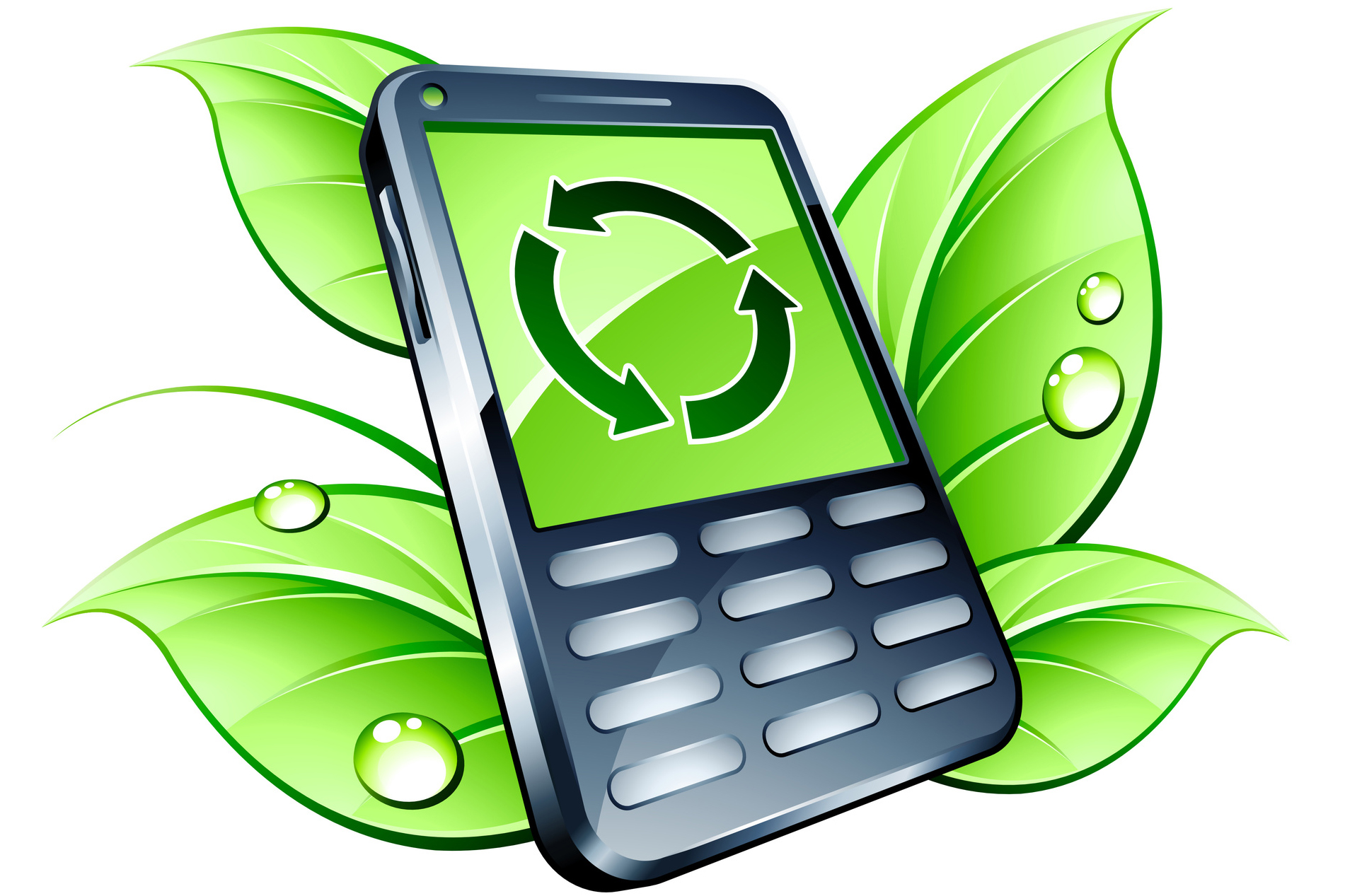Can the mobile industry go green?
The mobile phone industry seems to be lagging behind the rest of the tech world in going green. What does it need to do to catch up?


Sign up today and you will receive a free copy of our Future Focus 2025 report - the leading guidance on AI, cybersecurity and other IT challenges as per 700+ senior executives
You are now subscribed
Your newsletter sign-up was successful
But what specifically must these mobile companies do to address the environmental issues of their products?
Chemicals
Nardono Nimpuno, the international chemical secretariat for ChemSec, believes the main obstacle is the chemicals that are used to make the phones in the first place.
In an interview with IT PRO, Nimpuno said: "It is hard for anyone to accept a daily consumer product is harmful, as well as hard to prove. People and companies find it easier to go fair trade or eco-friendly with food as mobiles are complex enough as it is."
"However, in themselves the chemicals used to make the phones disrupt hormones and can disrupt reproduction. Yes, they are encased in the product, but what about during production if there are leaks, and what do you do at the end of a phone's life?"
So the phone manufacturers should be looking to remove these chemicals from production, as well as disposing of them safely.
But Nimpuno revealed that even when you return your phone to be recycled, only 54 per cent are accounted for afterwards.
Sign up today and you will receive a free copy of our Future Focus 2025 report - the leading guidance on AI, cybersecurity and other IT challenges as per 700+ senior executives
He said: "When consumers do the right thing only half is managed in the proper way. It is a cost issue for companies. For example to recycle a phone safely in Sweden costs 10 but in India you can do it for 1.50 inappropriately."
Greenpeace has also raised the issue of toxic chemicals in mobiles through campaigns over several years, even posting a diagram on its website showing the chemicals used and the effects they have.
For example, it highlights the lead used in circuit boards and soldering. "In many developed countries, lead is banned from landfills, but mobiles containing lead are still dumped in countries like China and dismantled by hand."
What progress so far?
There is some progress being made however. EU legislation on the proper disposal and recycling of mobile phones and components is becoming more prominent and there is a rise in the collection of electrical waste.
And manufacturers are starting to get on board. Nokia has taken steps to make its phones charge in more efficient ways, as well as to cut packaging. It claimed using new smaller boxes removed 5,000 trucks from the road in one year.
And, O2 has made several claims to its green credentials, admittedly achieving the accolade of the first mobile phone operator to be certified with the Carbon Trust Standard following its 15 per cent energy consumption reduction over the past three years.
However, it is still selling phones, such as its popular and well-selling iPhone, which has been criticised for green reasons.
Indeed, both the phone consumer and mobile businesses need to get on board for these policies to work and reduce damage to the environment.
As Aeron-Thomas warns: "Sustainability is not a green fluffy nice to have thing, but vital."
Click here to find out how to recycle your mobile phone - and make cash doing it.
Jennifer Scott is a former freelance journalist and currently political reporter for Sky News. She has a varied writing history, having started her career at Dennis Publishing, working in various roles across its business technology titles, including ITPro. Jennifer has specialised in a number of areas over the years and has produced a wealth of content for ITPro, focusing largely on data storage, networking, cloud computing, and telecommunications.
Most recently Jennifer has turned her skills to the political sphere and broadcast journalism, where she has worked for the BBC as a political reporter, before moving to Sky News.
-
 Stop treating agentic AI projects like traditional software
Stop treating agentic AI projects like traditional softwareAnalysis Designing and building agents is one thing, but testing and governance is crucial to success
-
 PayPal appoints HP’s Enrique Lores in surprise CEO shake-up
PayPal appoints HP’s Enrique Lores in surprise CEO shake-upNews The veteran tech executive will lead the payments giant into its next growth phase amid mounting industry challenges
-
 Nokia hails success of Europe’s first commercial 5G cloud RAN deployment
Nokia hails success of Europe’s first commercial 5G cloud RAN deploymentNews Elise says its 5G cloud network puts it in a strong position during a move towards 6G
-
 Kyndryl and Nokia extend partnership to drive data center networking gains
Kyndryl and Nokia extend partnership to drive data center networking gainsNews The companies plan to offer more data center networking options aimed at enterprise customers
-
 Addressing cloud security threats by encrypting data in use
Addressing cloud security threats by encrypting data in usewhitepaper How AMD Infinity Guard helps address security threats in the cloud and virtualized environments
-
 Quantitative analysis of a prefabricated vs. traditional data center
Quantitative analysis of a prefabricated vs. traditional data centerWhitepaper Apples to apples cost analysis between data centre types
-
 Battery technology for single phase UPS systems: VRLA vs. Li-ion
Battery technology for single phase UPS systems: VRLA vs. Li-ionWhitepaper An overview of li-ion batteries in comparison to VRLA batteries for singlephase UPS applications
-
 Serious about sustainability?
Serious about sustainability?whitepaper It’s time you looked at your data centre
-
 Dell and Nokia expand strategic partnership to drive network cloud transformation
Dell and Nokia expand strategic partnership to drive network cloud transformationNews The companies will leverage each other’s expertise and distribution to scale telecom networks and private 5G use cases
-
 Implementing sustainable storage infrastructure
Implementing sustainable storage infrastructureWhitepaper Understand what to look for from vendors and make better storage infrastructure purchasing decisions.
